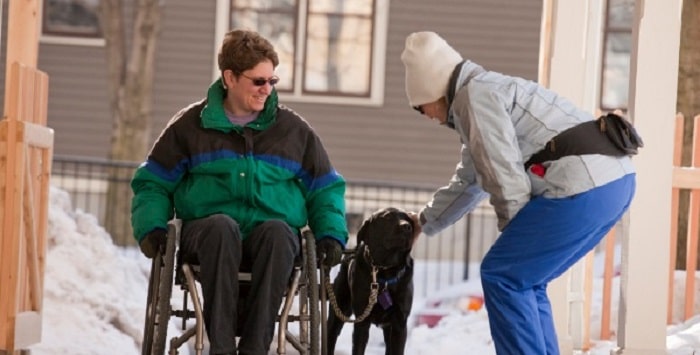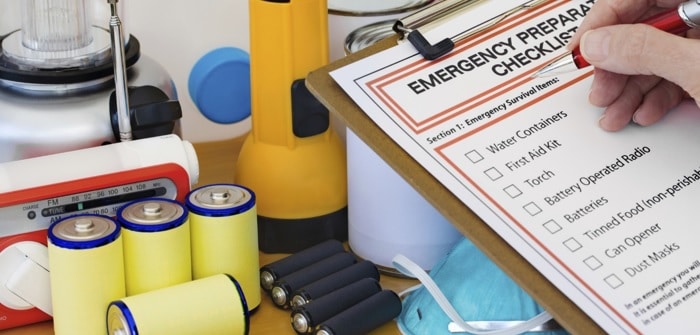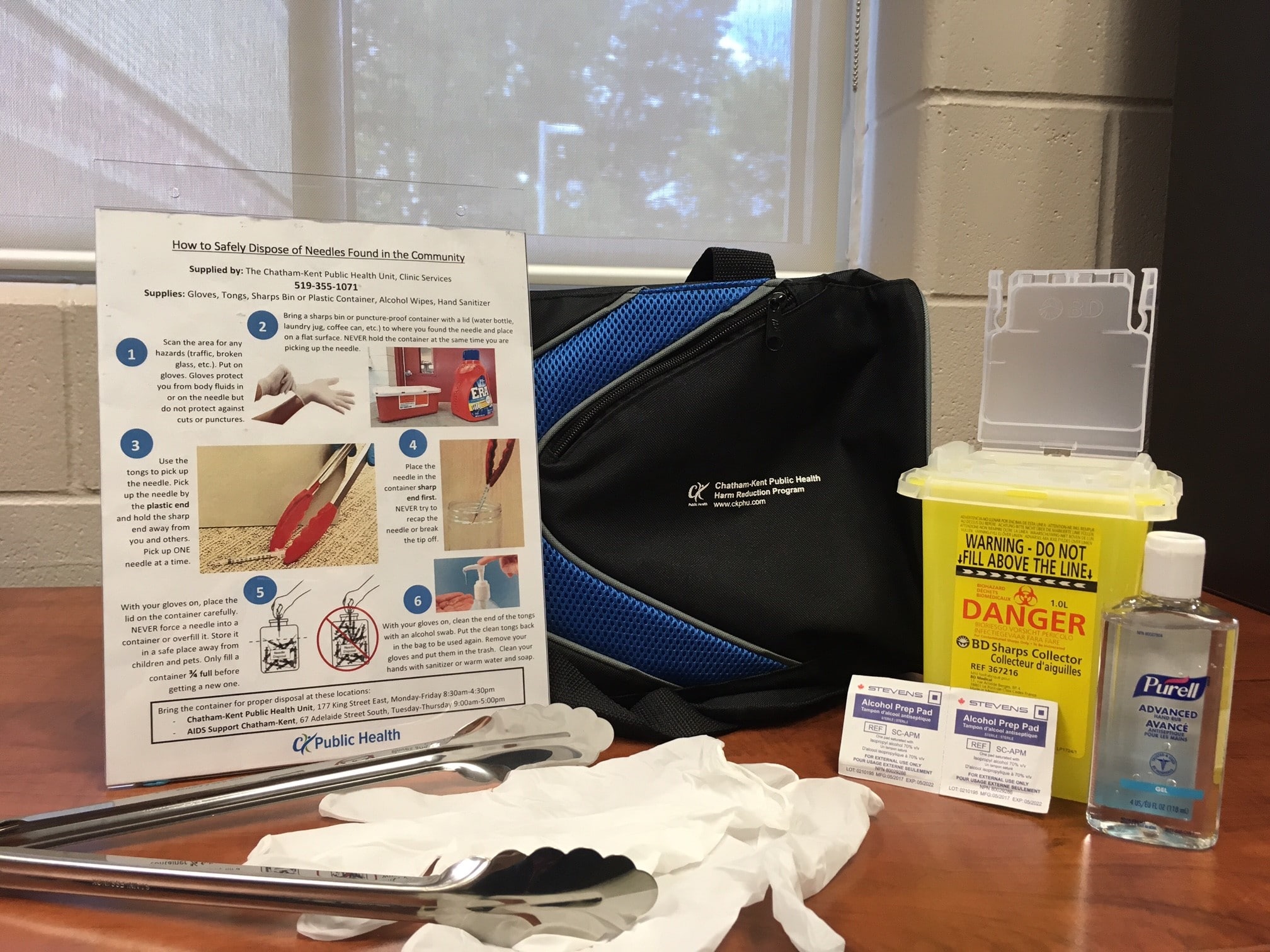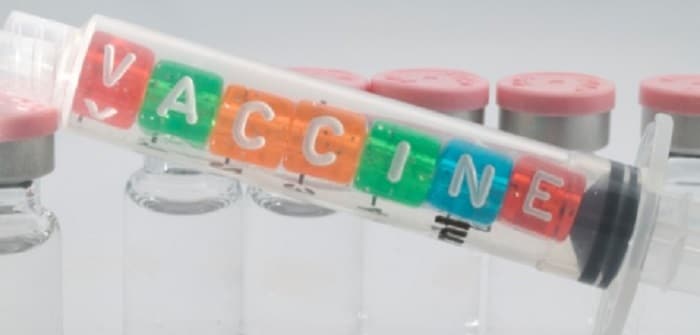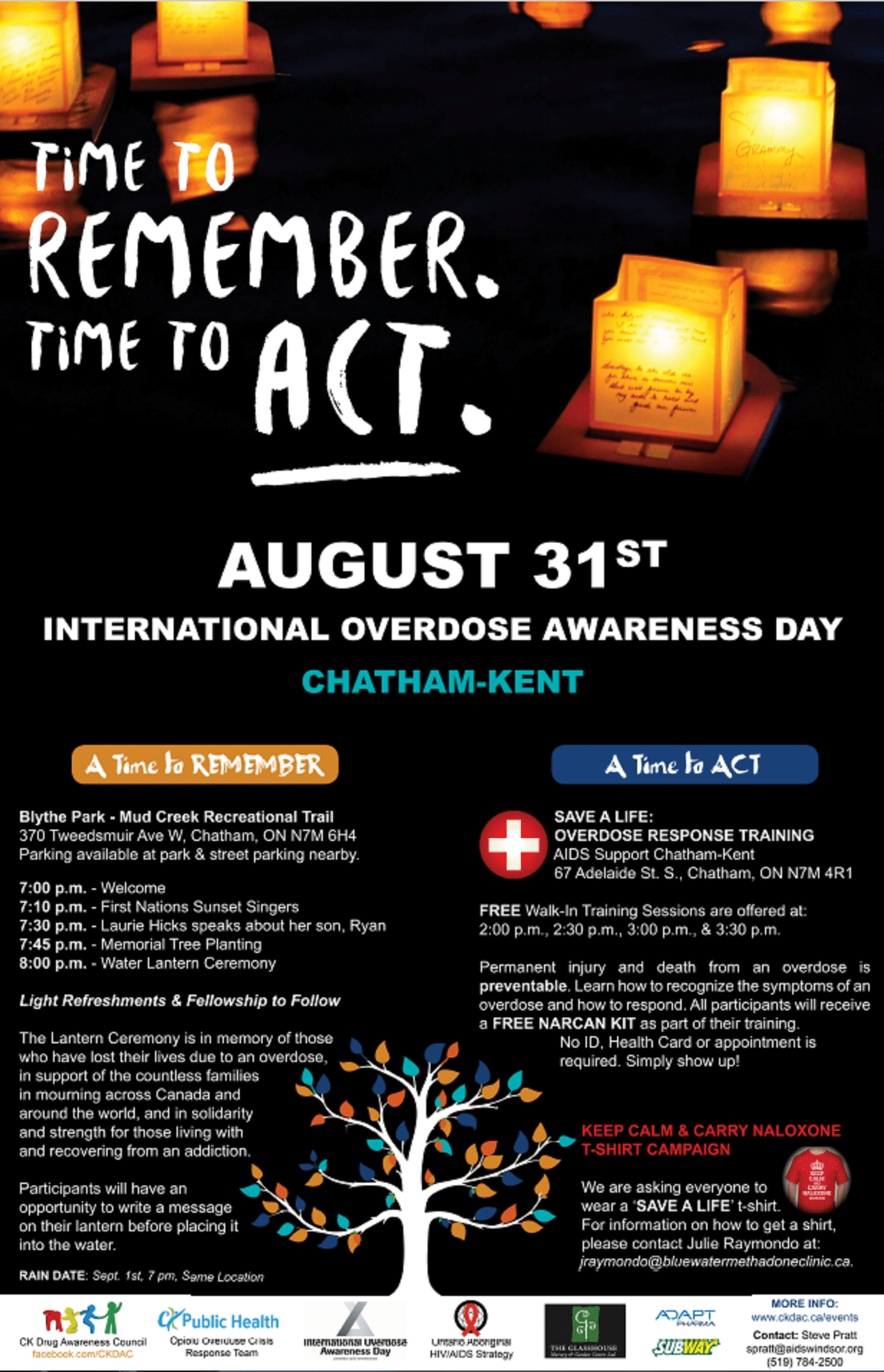In the event of an emergency, everyone should be prepared to take care of themselves and their family for at least 72 hours. Having an emergency kit and an emergency plan are the best ways to prepare yourself for an emergency. If you or a family member have a disability or special need, you also need to consider what … Read More
How to Safely Dispose of Needles
Watch the video below for a step-by-step guide on how to properly dispose of needles found on public or private property. For more information please contact the CK Public Health at 519.355.1071 ext. 5901 or email ckpublichealth@chatham-kent.ca
Summer Weather… Gone Bad
The arrival of hot summer weather brings the risk of severe storms to our area. Thunderstorms and lightning may quickly develop into damaging weather such as hail, heavy rain, high winds and tornadoes. This may lead to power outages and flooding. Do you and your family have everything you need to cope with these potential emergencies? Take a few simple … Read More
I need a TB Skin Test for school….HELP!
Are you entering post-secondary education and require a Tuberculin Skin Test (TST)? For students in Community Studies, Health Sciences or other programs where the placement site requests pre-placement health clearance will require a 2-step TST. Check your program requirements for specifications. The Mantoux TST is a standard method of determining if a person has been infected with the Mycobacterium … Read More
Do you have a child enrolled in a childcare centre?
Chatham-Kent Public Health is required by law in Ontario to maintain immunization records for every child attending a licensed childcare centre. The health unit assesses immunization records to ensure they are accurate and up to date. This is done to protect your child in the event of an outbreak of a vaccine preventable disease. Many parents think their healthcare … Read More
Do your kids know what to do in an emergency?
When an emergency occurs it can be very stressful on everyone, especially when children are involved. Here are a few things you can do when preparing your family for emergencies and after emergencies happen to help make it easier on you and your children. – Talk with your children about emergencies that occur in your community and how to prepare … Read More
Do you have what it takes?
Snow storms, spring flooding, tornadoes, power outages. Do you have what it takes to get through an emergency? Every household should have the following items in a basic emergency kit… Water – 2L per person per day Food – that won’t spoil, such as canned food, energy bars, dried foods Manual can opener Wind-up or battery-powered flashlight (and extra … Read More
How to Safely Dispose of Needles
Finding needles in community areas such as parks is a health and safety concern for everyone. Used syringes should be disposed of properly in order to protect others from injury and infections like Hepatitis C and HIV. It’s important to remember that the risk of becoming infected with one of these infections through a needle-stick injury is very low. Prevention … Read More
Is your child home-schooled?
They may qualify for free Hepatitis B, Meningococcal and Human Papillomavirus vaccines that are offered FREE to grade 7 students in Chatham-Kent. Nurses from the Public Health Unit visit each school and provide these vaccinations. They are not free from a Health Care Provider. Hepatitis B is an infection of the liver caused by a virus. There is no cure. The … Read More
Decrease Stigma in our Community – Opioid Overdoses
Opioid overdoses claimed the lives of at least 2, 458 Canadians last year. Two people die every day in Ontario because of this issue. The Chatham-Kent Public Health Unit and the Chatham-Kent Drug Awareness Council invite you to join us on Thursday, August 31st for International Overdose Awareness Day. A community memorial event will be taking place from 7:00pm-9:00pm at … Read More
Let’s Start a Conversation! – part 2
Everyone has a story to tell. “I’ve just lost my job.” “There is mould in my apartment.” “I wish I had friends to hang out with.” “I can’t find flexible daycare.” “I sometimes go to school hungry.” Listen and consider the ways in which people’s stories shape their ability to be healthy. Let’s start a conversation. Share what you know! … Read More

